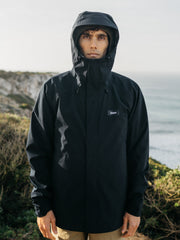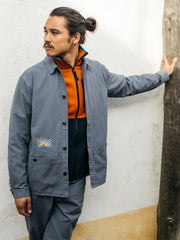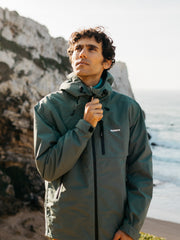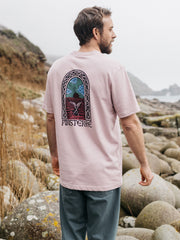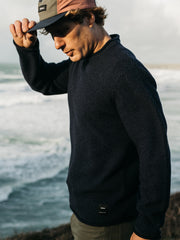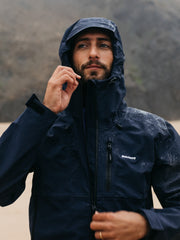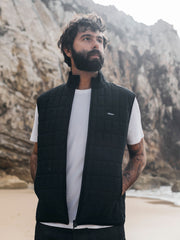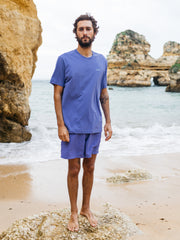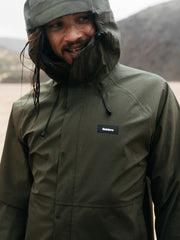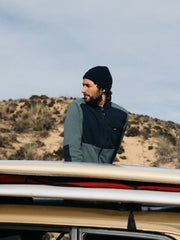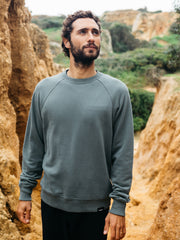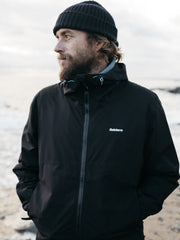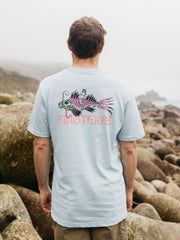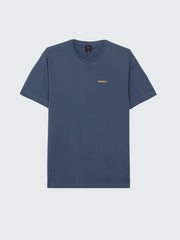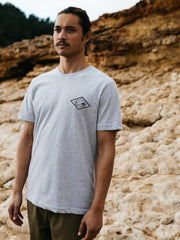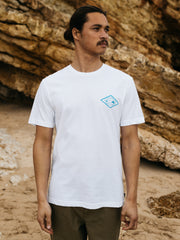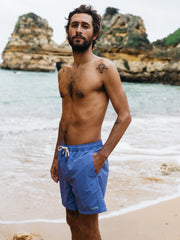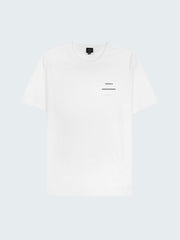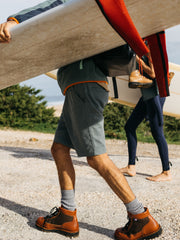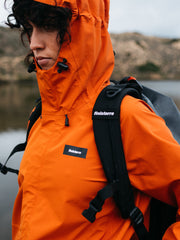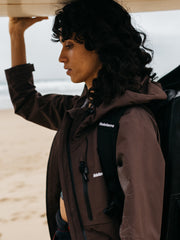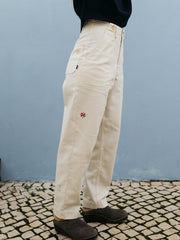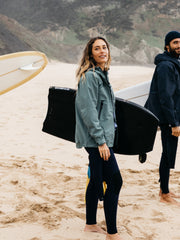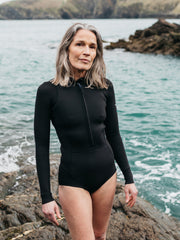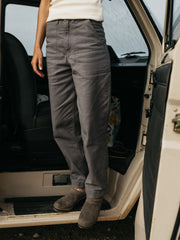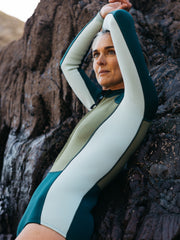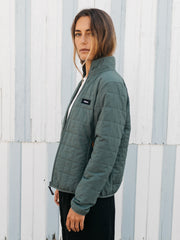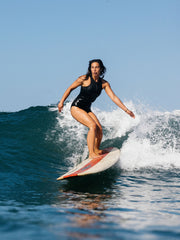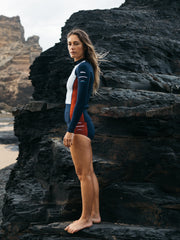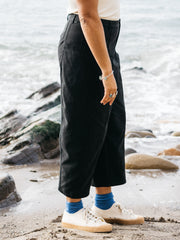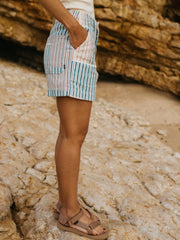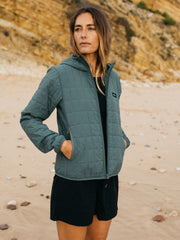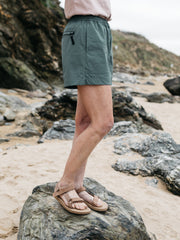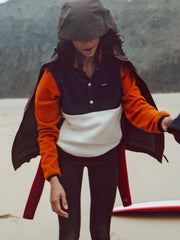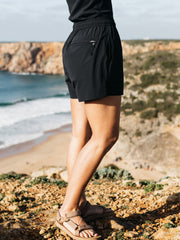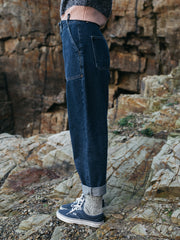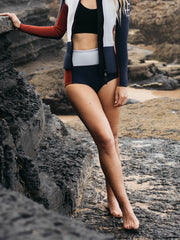There were eight of us, four scientists and four support staff, braving conditions down to minus sixty Celsius with windchill, investigating how the Arctic Ocean and its life was being affected by atmospheric carbon dioxide and looking for the missing factors that could explain why sea ice loss was occurring more rapidly than the models predicted. The latter had something to do with tea, but more of that later.
Like the average layperson in the pre-Blue Planet II era, I had a passing understanding of the ocean. It was big. It felt immutable. It was dangerous and mysterious in equal measure. For four weeks, my job in the Arctic was to communicate the work of this remote and perilous marine science. As a team, we were bonded by the hardship of our living conditions, the pain of the cold somewhat shifted by a constant diet of butter, chocolate, tea and stew.
But it was my first real encounter with an understanding of the ocean. For something so vast, I learned that its chemistry is changing faster now than at any other point in the past 300 million years, that the most abundant animal on the planet is a small crustacean, the copepod, with an estimated 1,347,000,000,000,000,000,000 of them in the world’s ocean, and that dissolved algal matter in the Arctic surface waters increases solar absorption thus speeding sea ice loss (the marine ‘tea’).
When you work on the ocean, you hear the same facts parroted out at every event. Every second breath we take comes from the ocean. There will be more plastic in the sea than fish by 2050. Billions of people across the world rely on the ocean for their food and livelihood. It is easy to gloss over these huge claims, until they are reversed. Half the oxygen on the planet gone, or 2 billion people starving. It would, therefore, seem logical that we look after our ocean, and that other people who hear these facts, should apply the same logic of acting in its best interests. I am fleetingly baffled by those who ignore the obviousness of needing to act to conserve the ocean.


